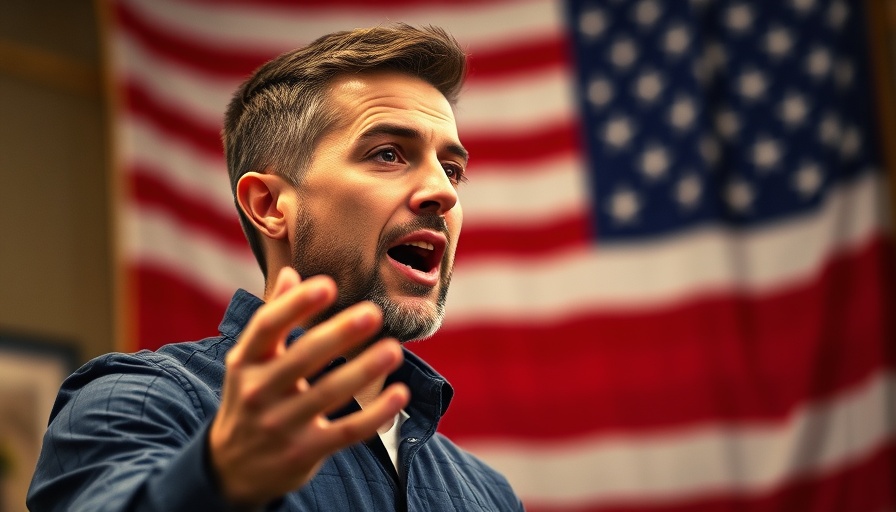
David Hogg's Controversial Donation
In a surprising turn of events, student activist David Hogg has made headlines by donating $100,000 to the Democratic Congressional Campaign Committee (DCCC). This bold move comes in the wake of his public call for the primary challenges against what he labels as 'ineffective' Democrats. Hogg's actions have sparked a fierce internal debate within the Democratic Party, highlighting a growing division between established leaders and a newer, more progressive wave of activists.
Understanding the Internal Conflicts Within the Democratic Party
The rift within the Democratic Party is becoming increasingly evident. Figures like Hogg, who has gained notoriety through his activism for gun control following the tragedy in Parkland, Florida, are advocating for a more aggressive stance to unseat Democrats they perceive as failing to address critical issues. This intra-party conflict echoes elements of previous political struggles, reminiscent of the debates during the Bernie Sanders vs. Hillary Clinton candidacy face-off in 2016. Both situations underscore the tension between traditional party narratives and emergent progressive ideals.
Implications of Hogg's Donation on Future Elections
Hogg's substantial DCCC donation is seen as a strategic investment aimed at galvanizing support for challengers who align with his ideals. Political analysts warn that while this approach may invigorate the younger electorate, it could also alienate centrist voters who often play a pivotal role in swing states. The implications of this strategy may determine the Democrats' success in future elections, particularly in the upcoming midterms.
The Role of Activism in Modern Politics
Hogg's donation is a reflection of a broader trend where activism is shifting from grassroots efforts to significant financial influences within party infrastructures. This evolution showcases how younger leaders are willing to leverage their platforms and resources to effect change. Many see this as an empowering movement that could reshape political landscapes, while others caution against the potential for factionalism to undermine party cohesion.
Challenges Facing Established Democrats
The challenge for established Democrats lies in bridging the gap between their traditional constituencies and the emerging voices that demand change. This generational clash is not unique to the Democrats; it mimics the conflicts seen in various political climates globally. As party unity becomes increasingly difficult, the potential for splinter factions to arise could threaten the Democrats' effectiveness in governance.
Future Predictions: Will Change Be Embraced?
Looking ahead, observers speculate on whether the DCCC will adapt to the growing demand for progressive candidates, reflecting a seismic shift in the political landscape. Hogg's actions suggest there is a palpable appetite for such change, but the question remains—will those at the helm truly embrace these new ideals, or continue resisting this shift? It's this uncertainty that will define the Democratic Party's strategy heading into the next election cycle.
Why This Matters for Us
The dynamically evolving narrative within the Democratic Party serves as a crucial reminder of how individual actions, like Hogg's donation, can ripple through the political fabric of a nation. For citizens aged 25 and over, understanding this evolution is critical; civic engagement not only shapes policies but also reflects the collective priorities of a diverse electorate. Whether you view Hogg's donation as a beacon for change or a disruptive force, engaging with these discussions is essential.
Call to Action
As voters become increasingly aware of the dynamics within political parties, it’s crucial to engage in dialogues within your communities. Follow the developments stemming from Hogg's actions and join discussions on how to advocate for representatives who align with your values. In a democracy, the power ultimately resides with the electorate—your voice matters.
 Add Element
Add Element  Add Row
Add Row 



Write A Comment